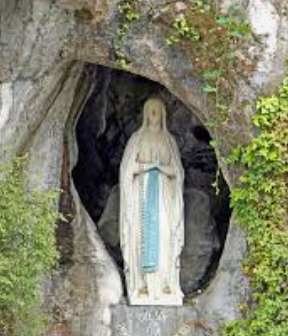
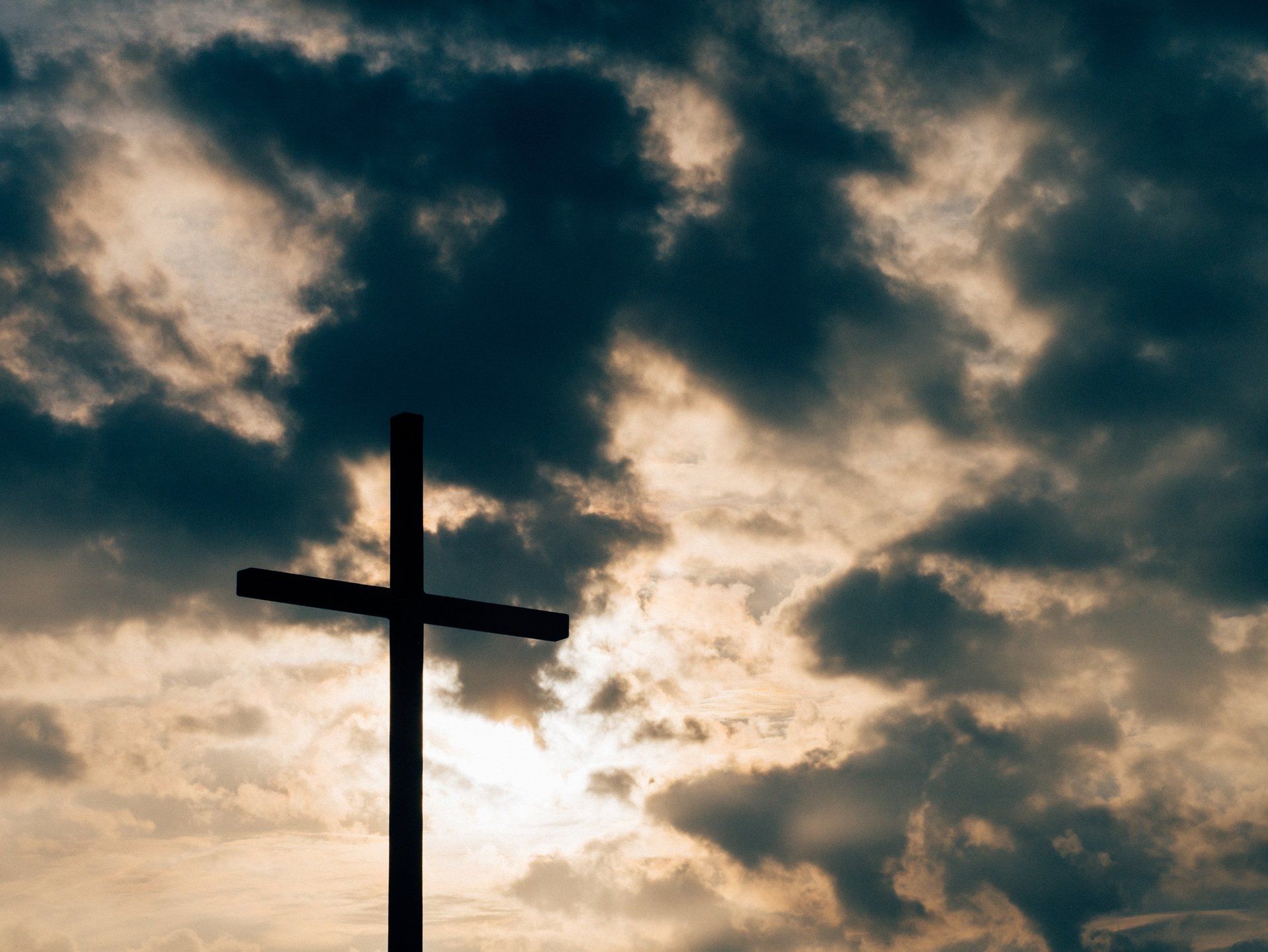
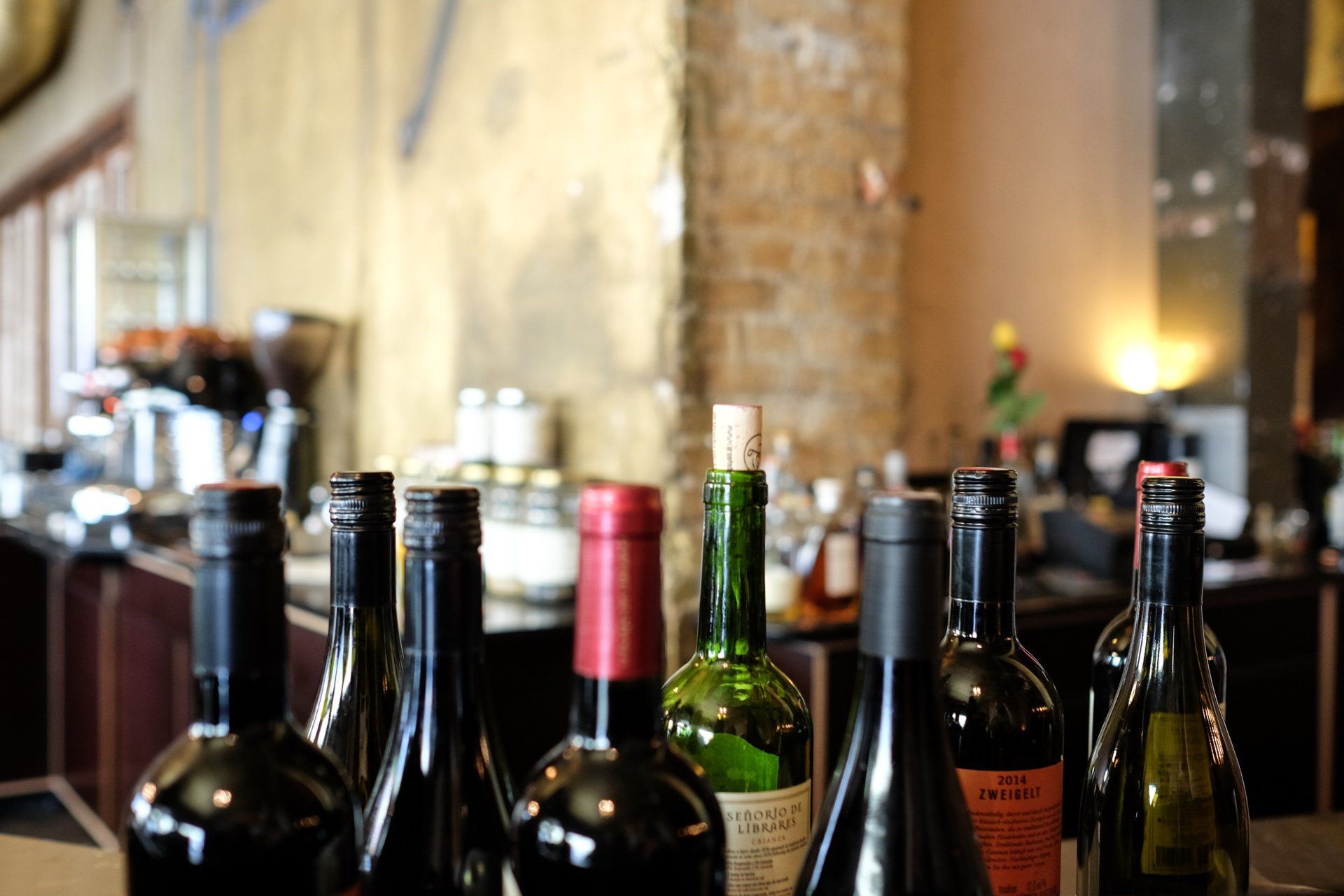
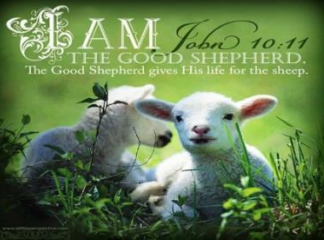
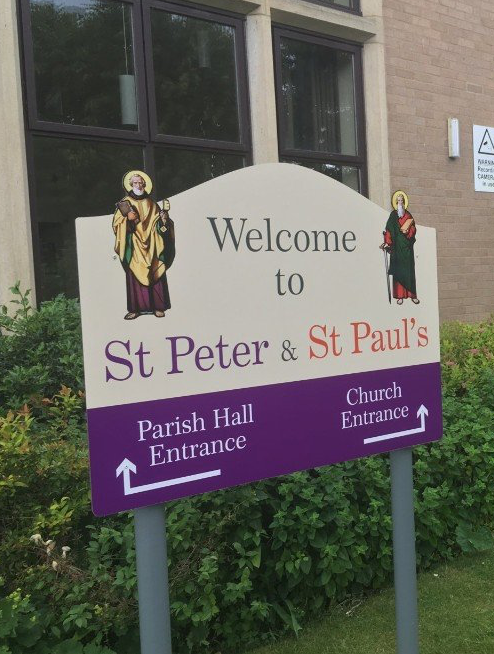

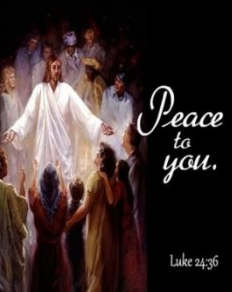
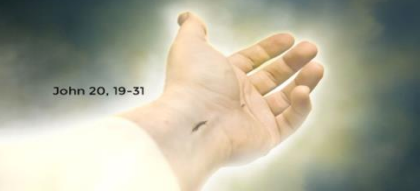
1. Examine your conscience.
2. Be sincerely sorry for your sins.
3. Confess your sins to a priest.
4. After your confession, do the penance the priest has given you.
5. Do not forget to thank God for His forgiveness, and ask Him to help you as you try to do better.
“The most precious result of the forgiveness obtained in the Sacrament of Penance is to be found in the reconciliation with God which takes place in the inmost heart of a son who was lost and is found again”.
Blessed John Paul II
Examination of Conscience
For any penitent:
Have I ignored God or excluded Him from my life?
Have I neglected my daily prayers or said them badly?
Is my daily prayer a real conversation with God in mind and heart?
Have I used the name of God, or of Our Lady, in anger or carelessly?
Did I miss Holy Mass on a Sunday or Holyday of Obligation through my own fault?
Did I receive Holy Communion in a state of mortal sin?
Do I observe the one hour fast before receiving Holy Communion?
Do I abstain from meat or perform some other act of penance on Fridays?
For spouses:
Do I pray for my husband or wife?
Am I critical of my spouse, putting them down in public or in private? What efforts have I made to demonstrate and foster the warmth of my love and affection for my spouse?
Do I try to make up whenever there has been a disagreement or do I allow things to fester beneath the surface? Am I too proud to say ‘Sorry’?
Do I mistreat my spouse verbally, emotionally or physically? Have we used artificial means of birth control in order to prevent having children?
For parents:
Have I neglected to teach my children their prayers and give them a Christian education?
Have I set my children a bad example by not bringing them to Holy Mass, or being careless about my religious duties?
Do I take care to ensure that my children do not witness arguments at home? Do I watch over the books they read and the television and videos they watch? Do I take care to ‘befriend’ my children? Am I over strict or over lax with them? Do I explain decisions to them and so help them grow to maturity?
For children:
Have I been disobedient or rude to my parents or teachers? Do I treat my parents with affection and respect? Do I pray for them?
If I live away from home, do I write to my parents and other members of my family in order to keep in touch?
Do I quarrel with my brothers or sisters or other members of my family? Do I study hard at school or college? Am I grateful for the sacrifices my parents have made for me? Do I show my gratitude?
For any penitent:
Am I careful to set my friends a good example, especially in matters of behaviour, attendance at Holy Mass and moral issues? Do I realise that my support might help them live up to their Christian calling?
Have I been impatient, angry or jealous?
Have I taken part in, or encouraged, an abortion or any other means of taking human life?
Did I get drunk, use drugs, or give bad example to others?
Have I placed myself in danger of sin by reading or looking at what was indecent or pornographic?
Have I sinned against the virtue of purity by myself or with others?
Have I been dishonest by stealing or cheating?
Have I been lazy at my work or at home?
Have I been uncharitable or unkind in thought, word, or deed?
Have I told lies? Do I judge others rashly?
THINGS TO REMEMBER
• If it is a long time since your last confession you can ask the priest to help you.
• Don’t make the mistake of putting off Confession – that never solves anything.
• Try to go to confession frequently – at least once a month.
• Sin is any deliberate thought, word, action or omission which would be against the Commandments of God.
• We have to be truly sorry for our sins, and to have the sincere intention of trying to improve our lives, for our sins to be forgiven.
• We are bound to include in our confession every serious (or mortal) sin of which we are aware.
• The conditions for a sin to be serious (or mortal) are:
1. The offence must be serious.
2. We must know that we are committing a mortal sin.
3. There must be full consent of our will to the action.
At Confession







